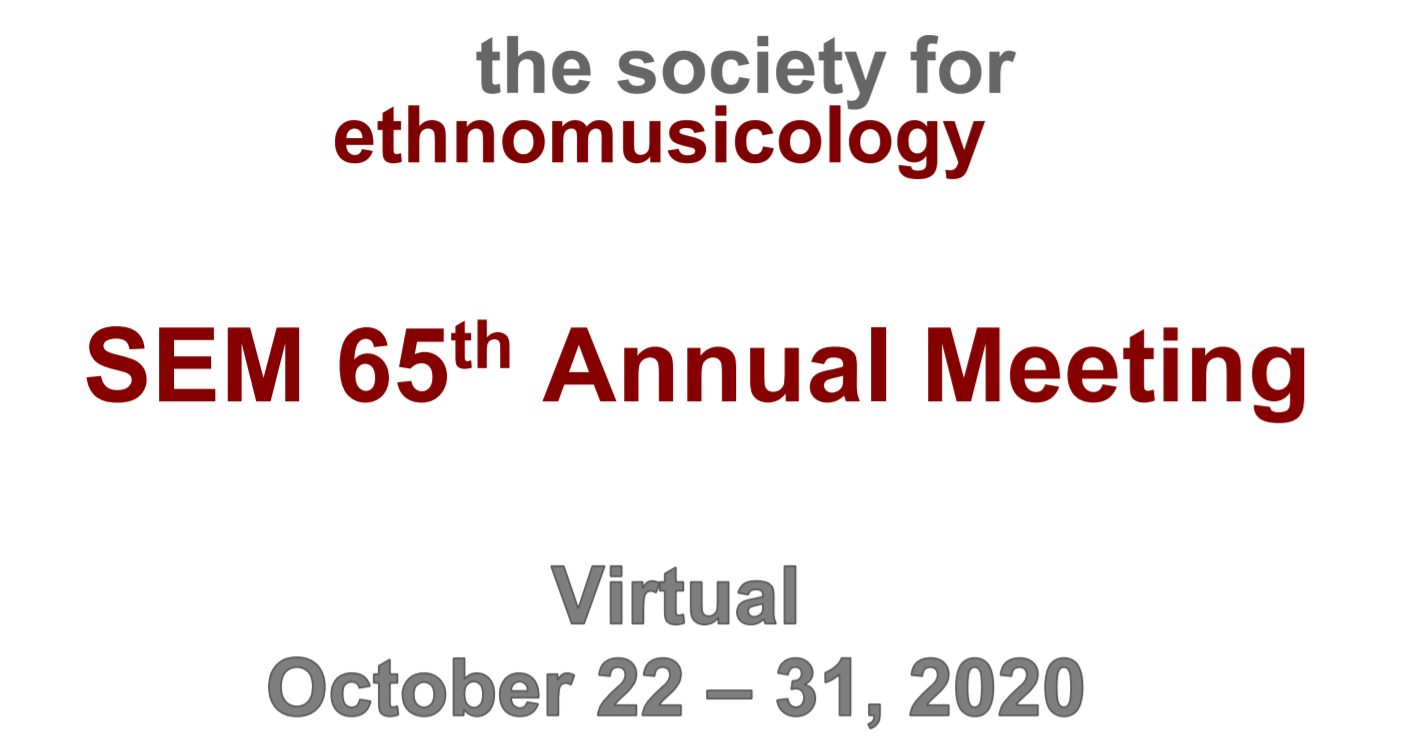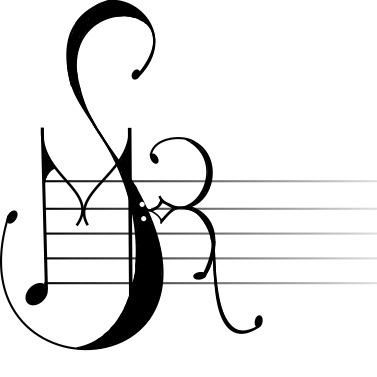
The Society for Ethnomusicology (SEM) played host to a number of University of Michigan students this year. The conference was held online from October 22nd to the 31st, a format that Michigan students have come to be familiar with over the course of this strange year. In total, four SMR members presented their work at SEM on a range of topics. Among them were Mayna Tyrrell, who presented on zhiqing narratives and traumatic memory in diasporic Chinese communities, and Chuyi Zhu, who presented on the traditions of Tujia women in Hunan, China (abstracts below).
Diasporic Zhiqing Narratives: Traumatic Memory and Musical Commemoration of the Chinese Sent-Down Movement
Mayna Tyrrell
The sent-down movement (1968-1978), an initiative that grew out of the Cultural Revolution in China, mandated that youth from urban centers be reeducated in rural regions in an effort to realize Mao’s idealized vision of a communist society. Memory surrounding this movement and the impact it had on the lives of the adolescents, called zhiqing, who were “sent down” have been explored thoroughly in literature and cinema. My project examines how musical commemoration reshapes diasporic zhiqing memories of the movement in the context of the first large-scale musical work to address this major historical phenomenon: Ask the Sky and the Earth: An Oratorio Cantata for the Sent-Down Youth. Through fieldwork-based analysis and interpretation of multiple performances, I investigate how traumatic memory of the Cultural Revolution and the sent-down youth movement is processed through the engagement of individual zhiqing narratives with the narrative of the musical work. By utilizing Paul Connerton’s (2011) theorization of traumatic memory and Su Zheng’s (2010) theorization of diaspora to examine zhiqing traumatic memory, I assert that the history and narrative of forced displacement that defines zhiqing identity amplifies the impact of its commemoration in diasporic communities. The performance of this cantata forces zhiqing, and others of their generation who were not “sent down,” to confront narratives outside of their own and to reinterpret their past, revealing a multiplicity of experiences and interpretations that individuals produce, experiences which do not fit neatly into either the national Chinese or resistant diasporic narratives of the movement.
Sing Like a Chinese Wife: Sonic and Bodily Memories in Tujia Bridal Lament
Chuyi Zhu
Kujia, or Chinese bridal lament, is a type of tuneful and texted weeping sung exclusively by women, often between the bride and her female relatives and friends. Kujia followed a historical trajectory not unlike other folk traditions in twentieth-century China, where it was suppressed for being “backward” and “feudal” during the Mao Regime (1949-1976), and subsequently faced extinction as practitioners passed away and young generations refused to learn or embrace the practice. My ethnographic fieldwork conducted among Tujia minority women in Hunan, China, especially the in-depth conversations with my main interlocutor, Master Peng, a ninety-year-old village woman and the only living practitioner of Tujia bridal lament, provides an opportunity to explore how memories condition musicking bodies. This paper examines how the sounded and sensorial nature of memory and the raw emotionality that comes with it are “triggered” and recalled by Master Peng when she is singing laments. I draw on philosopher Edward Casey’s phenomenological study of “habitual body memory” (1987) to explain how memory resides in the habitual enactment of laments and has been constitutive of Master Peng’s life. I suggest that the memories Master Peng performs represent what it means to be a woman in a Confucian society; her life story is a microcosm of millions of illiterate and ethnic minority village women living in a country that underwent drastic transformations as they aged.
Recent Posts
SMR to Host Midwest Graduate Music Consortium 2025 Conference – January 13, 2025
SMR Welcome BBQ at County Farm Park – October 01, 2024
Julian Grey defends dissertation – June 05, 2024
Michaela Franzen defends dissertation – May 21, 2024
Kai West defends dissertation – May 16, 2024
Micah Mooney and Carlos Pérez Tabares present at Music Theory Midwest – May 12, 2024
SMR end-of-year round-up at County Farm Park – April 25, 2024
SMR hosts Research Showcase – September 29, 2023
 Society for Music Research
Society for Music Research